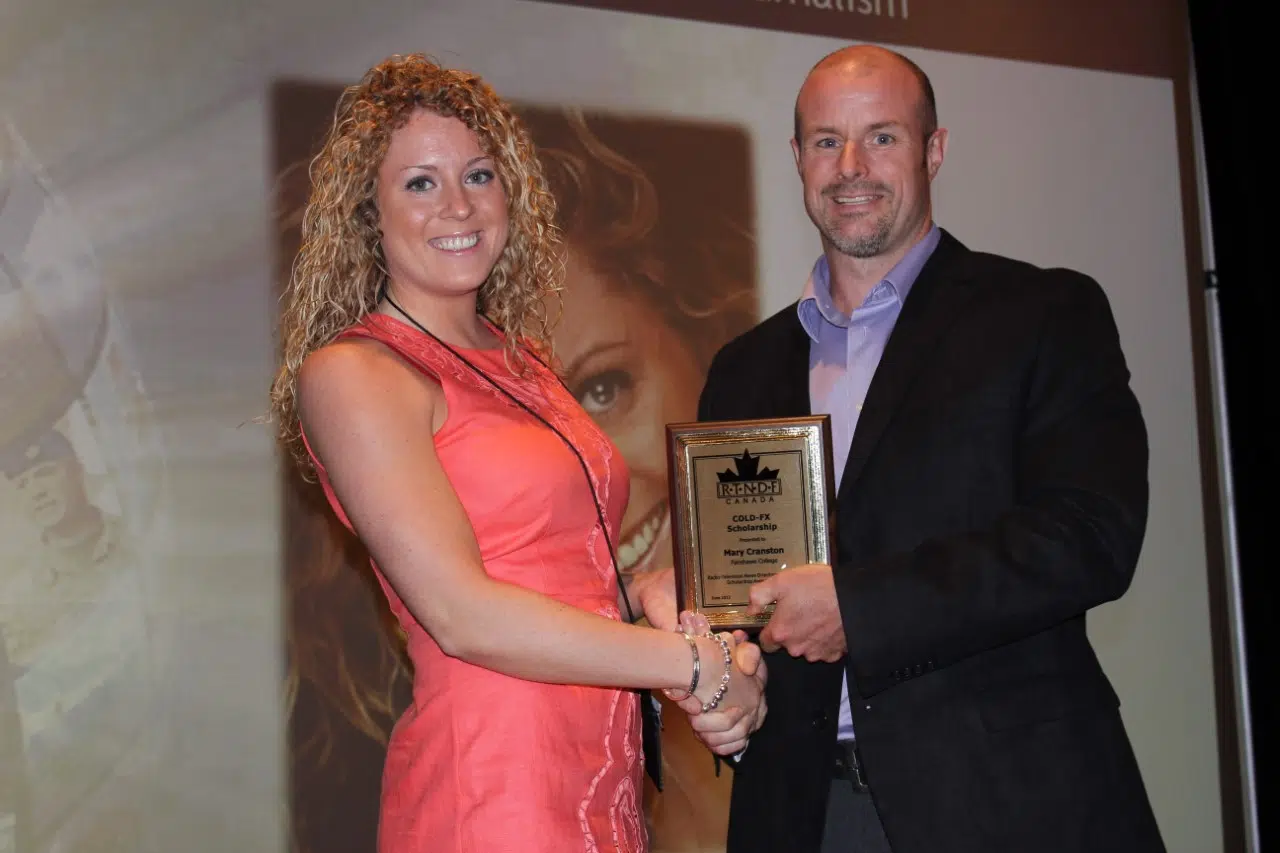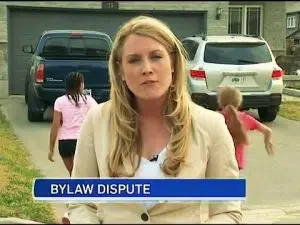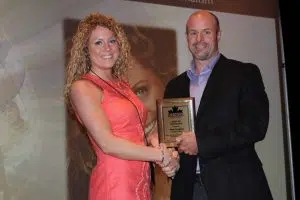News rooms worldwide have had to alter the ways they deliver news. Many reporters, writers and producers are working from home during this time, but there are some things that cannot be done from home.
Fanshawe Alumni Mary Cranston works as a news anchor in Vancouver. She is still working from the station but says her and her colleagues still maintain physical distancing.
“For the last four weeks, we really tried to limit the amount of people that are coming into the building. So, all of our reporters and DJ’s most of our producers and writers, they’re all working from home… The only people that are really coming into the building are the anchors. The control room producers and the directors. And we’re all in separate rooms,” explained Cranston.
She also explained other precautions taken in the station,
“We actually don’t see each other physically and we just communicate through a headset. So, it’s pretty crazy. There’s 10 sanitizer and Lysol wipes installed at every corner of every room. You have to wipe down your workstation the second you get in and when you leave…It’s really amazing to see how everyone has kind of adapted overnight to this new reality.”
Mary Cranston graduated from Fanshawe in 2012. She received the RTDNF cold-FX scholarship for best medical story the same year. Cranston now works as a reporter and anchor with City Tv’s breakfast television and city news in Vancouver.
“We’ve been talking about the Coronavirus, probably since November, December. And for about three months there we had one or two stories in our newscast about COVID. And since probably late February, beginning of March, our whole show has focused on Coronavirus, but there’s so many layers to this story. And there’s so many developments every single day that it’s really easy to find stories,” she shared.
Cranston shared that there has been another event that helped prepared her as a Journalist during the Pandemic. In 2018 Vancouver experienced flash flooding that caused extensive damage to the city.
“Right before I moved to Vancouver, actually there was massive floods and the Providence was under a state of emergency. So, for about four or five weeks, we had extensive flood coverage. And for the first two weeks, it was pretty exciting because there was something new every day to talk about,” she explained.
“But then after a while it does get hard because you feel like you’re repeating yourself a lot, and trying to make stories out of nothing. It dragged on for a long time. I remember mentally preparing myself during the flood coverage. Thinking okay, you know, I’m going to be talking about this for a long time, so I’m just going to have to get used to it. And then when COVID happened, my mind kind of immediately went back to what happened in New Brunswick and I thought, okay, we’re going to be talking about this for several months, maybe even a year so I better get used to it and just stop complaining.”
The COVID pandemic is effecting almost everyone’s lives. Some career paths are having to make major adjustments to continue working over the social distancing period. But in the end many people still have to go into work nurses, doctors, cashiers and many other essential services. This is why if you have the ability it’s encouraged to stay home during this time.










Comments